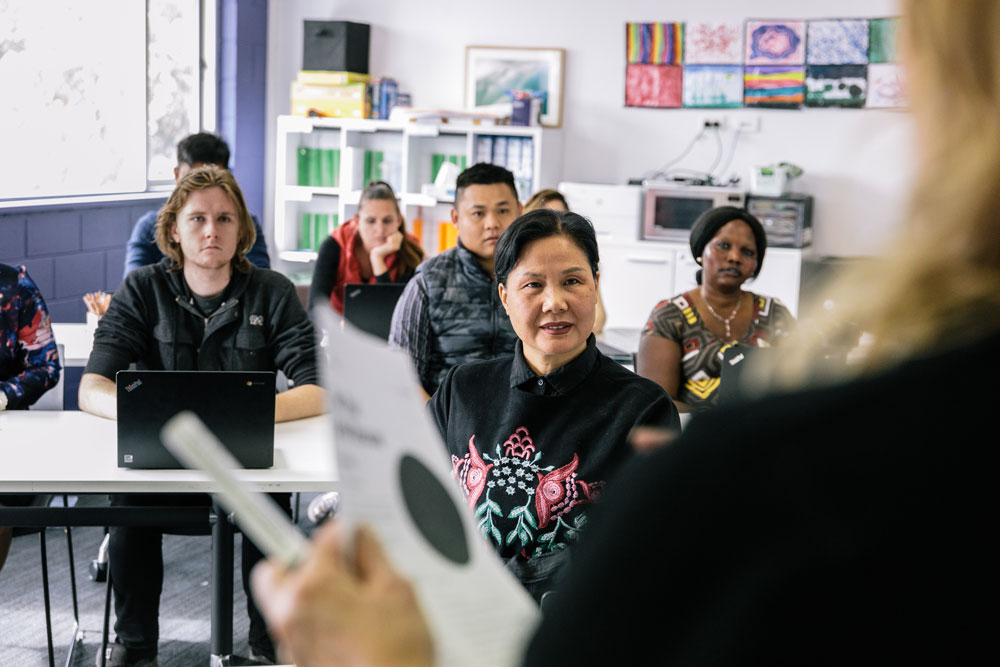Culturally and linguistically diverse workers still struggling to find meaningful employment
Published by MAXSolutions on May 03, 2022

MAX Solutions has partnered with migrant advocacy group HOST International to produce the newly released Ready to Work report, which explores the experiences of culturally and linguistically diverse people who are looking for work.
The report found that, worryingly, only 1 in 5 (21%) skilled migrants in Australia have their overseas qualifications recognised for employment, despite skills shortages in critical sectors around the nation.
Afghan migrant Naseer Malikzai moved to Australia in August 2021, and shared his experience seeking, and finding, employment in his new country with the MAX and HOST teams.
Having already worked with organisations such as the United Nations and the Australian Embassy in Afghanistan, Naseer admitted he still experienced difficulties finding employment after arriving in Australia.
“It was really difficult after I landed in Australia – I didn’t know what to do to find work, it was a challenging issue,” said Naseer.
“The foremost key priority for me was to find a job as soon as I could - I did not want to be dependent on government support here. Most of my life, I’ve supported myself off my own income as a worker, and I wanted that to continue.”
Although he received assistance to settle in Australia, Naseer said it took him time to find the information he needed to find sustainable employment.
“Despite the fact that I had good qualifications, I had a lot of concern about my job. I was unable to find the resources right away that helped me understand where to start, how to start, and how to get into the market,” said Naseer.
“I was referred to a number of employment agencies, who really guided me to find a job; they assisted with cover letters and CVs, as well as helped me identify key positions that I could apply for.
“Other than that, it was very difficult to find a job – people were telling me that I may not get a job easily because I didn’t have local experience, and preference was given to people with job experience in Australia.”
Naseer has now gained employment as an intern for the Victorian State Government, but his experience reflects the difficulty many migrants face when seeking work. 74% of survey respondents said it was difficult to find the right information and/or support services to help them get a job – a sentiment that Naseer echoes.
Concerningly, 68% of culturally and linguistically diverse (CALD) workers surveyed for the report said they have waited, or anticipate waiting, one year or more to secure work, with the vast majority (75%) admitting they expect the wait to be up to three years.
Naseer said Australian employers could benefit their organisation, and industry, but looking to overseas talent to fill vital roles.
“I’d like to see employers be open to people with international experience – people from other cultures, South Asia or Africa, for example, bring new perspectives and experience to the workplace with them.”
“We always hear that diversity is a great concept – so I’d like to see more employers embrace that idea.”
Tags
Found this useful?
Help and advice
Our blogs are about helping people seek the information that they need for their steps in the workforce.














_1.jpg)





























.jpeg)

















